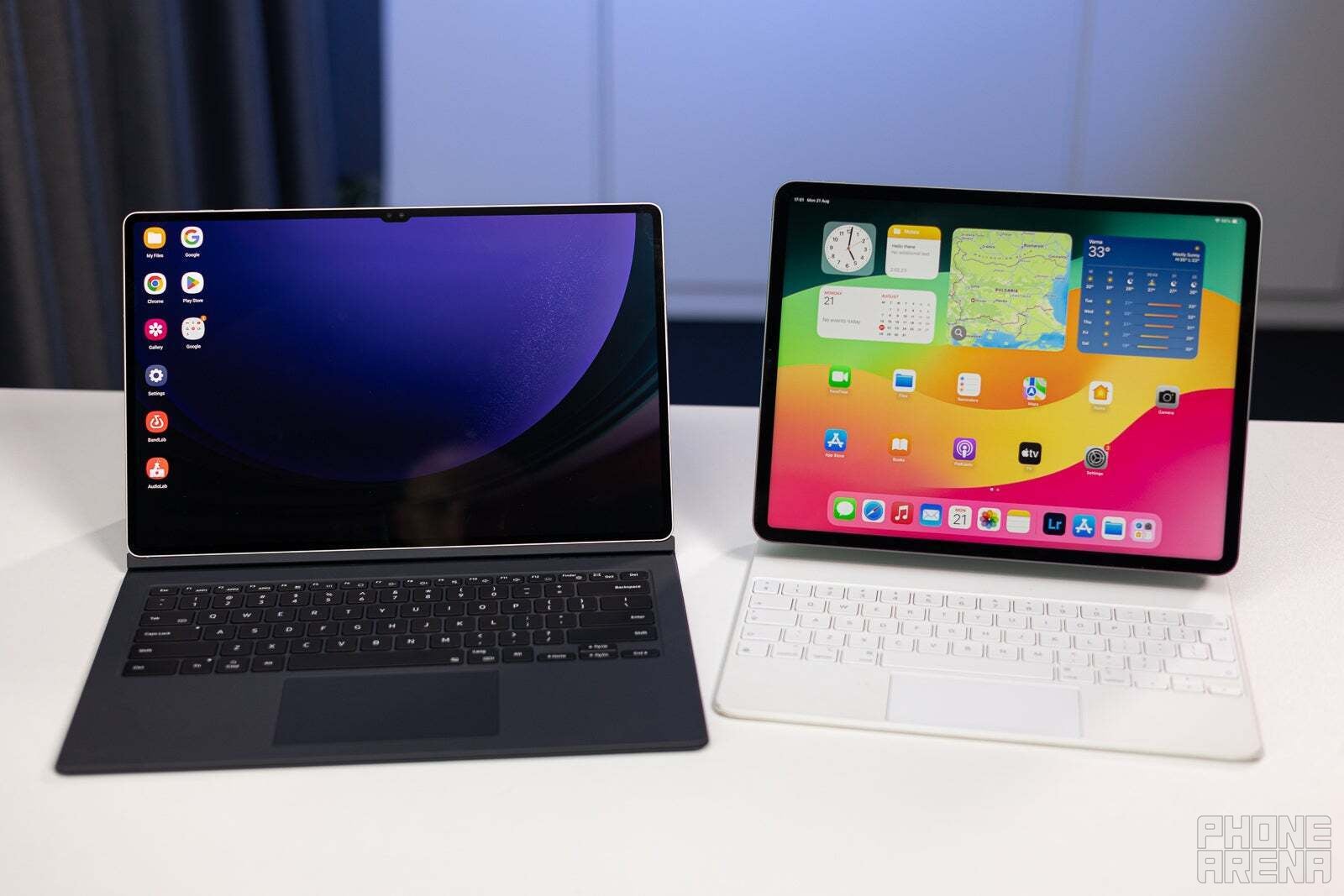Apple's iPad Strategy Shift: Longer Upgrade Cycles and Potential New Models on the Horizon
Recent data reveals a significant shift in iPad user behavior, with more owners holding onto their devices for longer periods. This trend, coupled with Apple's recent product decisions and market pressures, suggests an evolving strategy for the tech giant's tablet line.
Extended Upgrade Cycles
According to Consumer Intelligence Research Partners (CIRP), the percentage of iPad users waiting three years or longer to upgrade has increased dramatically:
- 2022: 28% of users
- 2024: 40% of users
This extended upgrade cycle is accompanied by a decline in short-term upgrades:
- Users upgrading within a year dropped from 15% in 2022 to 10% in 2024
- 1-2 year upgrades fell from 34% to 25% over the same period
Market Implications
The longer upgrade cycles present both challenges and opportunities for Apple:
- Pent-up demand: As users hold onto older models, there's potential for a surge in upgrades when new, compelling features are introduced.
- Product differentiation: Apple may need to offer more significant improvements to entice users to upgrade sooner.
Recent iPad Developments
Apple's Let Loose event introduced new iPad models, including:
- 11-inch and 13-inch iPad Pro (2024) with OLED displays
- A new 13-inch iPad Air with LCD display, starting at $799
These releases suggest Apple is diversifying its iPad lineup to cater to different user needs and price points.
Broader Apple Strategy Shifts
The changes in iPad upgrade patterns coincide with other unusual moves by Apple:
- iPad identity crisis: The company appears torn between positioning the iPad as a casual tablet and a productivity powerhouse, leading to a somewhat unfocused product.
- Exploration of new form factors: Rumors suggest Apple is working on folding MacBooks, iPhones, and iPads, despite typically being cautious about adopting new technologies.
- Entry into AR/VR: The release of the Apple Vision Pro headset at $3,500 marks a significant departure from the company's usual strategy.
Industry Pressures
These shifts may indicate that Apple is feeling pressure from competitors:
- Samsung's Galaxy Tab line offers more PC-like features
- Meta's Quest headsets dominate the AR/VR market at much lower price points
Looking Ahead
As Apple navigates these changes, we can expect:
- Continued refinement of the iPad's role in the product ecosystem
- Potential releases of foldable devices in the coming years
- Further development of AR/VR technology to justify the Vision Pro's premium pricing
While Apple's stock has recently stabilized after a dip, these strategic moves suggest the company is actively working to maintain its competitive edge in an evolving tech landscape.


